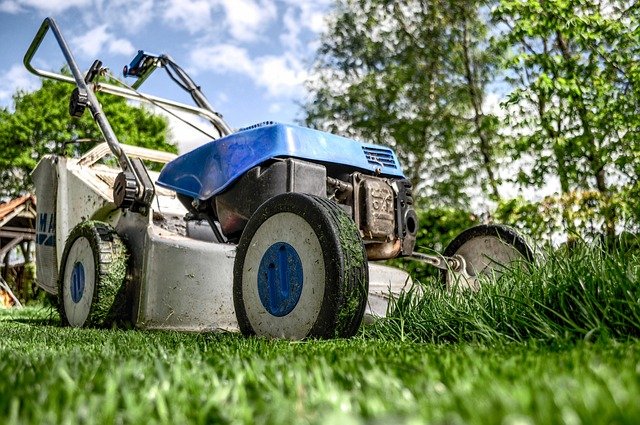Effective Strategies for Weed Control in Your Lawn Without Damaging Your Grass
A lawn full of weeds not only spoils curb appeal but also chokes out healthy grass. Discover smart, natural methods to control and prevent weeds without damaging your lawn. These easy DIY tips show how to restore your yard’s beauty quickly and safely.

What are the most common types of lawn weeds?
Before diving into control methods, it’s essential to identify the most frequent invaders in your lawn. Common lawn weeds include dandelions, crabgrass, clover, chickweed, and plantain. Each of these weeds has unique characteristics and growth patterns, which can help you determine the best approach for removal. Dandelions, for instance, have deep taproots and spread through wind-blown seeds, while crabgrass is an annual weed that germinates in spring and dies off in fall.
How can I prevent weeds from taking root in my lawn?
Prevention is key when it comes to weed control. One of the most effective strategies is to maintain a healthy, thick lawn that leaves little room for weeds to establish. This involves proper mowing practices, such as keeping your grass at the right height (typically 2.5 to 3.5 inches for most grass types) and avoiding cutting more than one-third of the grass blade length at a time. Regular watering, particularly during dry spells, and appropriate fertilization can also help your grass outcompete weeds.
What natural methods can I use to control existing weeds?
For those looking to restore their lawn’s beauty naturally, several eco-friendly methods can be effective. Hand-pulling is an old-fashioned but reliable technique, especially for weeds with shallow roots. For best results, water the area first to soften the soil, then pull the weed from the base, ensuring you remove the entire root system. Another natural approach is to use boiling water or vinegar on weeds growing in cracks or paved areas, though be cautious as these methods can also harm grass.
Are there organic weed control products that won’t harm my grass?
Yes, several organic weed control products are available that target weeds without damaging your lawn. Corn gluten meal is a popular pre-emergent herbicide that prevents weed seeds from germinating. For post-emergent control, products containing natural ingredients like citrus oil, clove oil, or acetic acid can be effective. Always read and follow the product instructions carefully, as even natural herbicides can harm grass if misapplied.
What lawn care practices help prevent weeds without harming grass?
In the United States, proper lawn care practices can significantly reduce weed problems without resorting to harsh chemicals. Aeration and overseeding are two techniques that can improve your lawn’s health and density, making it more resistant to weed invasion. Aeration involves creating small holes in the soil to allow air, water, and nutrients to penetrate the grass roots. Overseeding fills in bare or thin areas with new grass, reducing space for weeds to establish. Additionally, leaving grass clippings on the lawn after mowing can provide natural fertilization and help suppress weed growth.
How do different weed control methods compare in effectiveness and safety?
When considering weed control strategies, it’s important to weigh their effectiveness against potential risks to your lawn and the environment. Here’s a comparison of common weed control methods:
| Method | Effectiveness | Safety for Grass | Environmental Impact | Cost Estimation |
|---|---|---|---|---|
| Hand-pulling | High for small areas | Very Safe | None | Low |
| Organic herbicides | Moderate | Safe when used correctly | Low | Moderate |
| Chemical herbicides | High | Varies (can damage grass) | Moderate to High | Moderate to High |
| Corn gluten meal | Moderate (preventive) | Very Safe | None | Moderate |
| Cultural practices (mowing, watering, etc.) | High (long-term) | Very Safe | None | Low to Moderate |
Prices, rates, or cost estimates mentioned in this article are based on the latest available information but may change over time. Independent research is advised before making financial decisions.
In conclusion, effective weed control in your lawn doesn’t have to come at the expense of your grass’s health. By combining preventive measures, natural control methods, and proper lawn care practices, you can achieve a weed-free lawn while maintaining a lush, green turf. Remember that consistency is key, and a holistic approach to lawn care will yield the best results over time.




